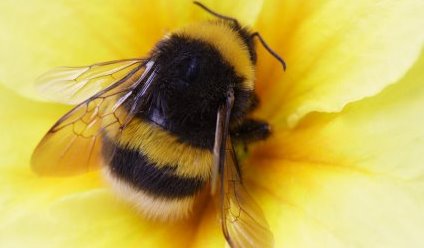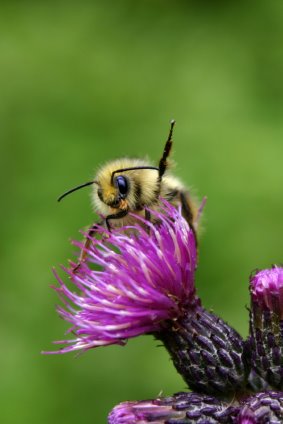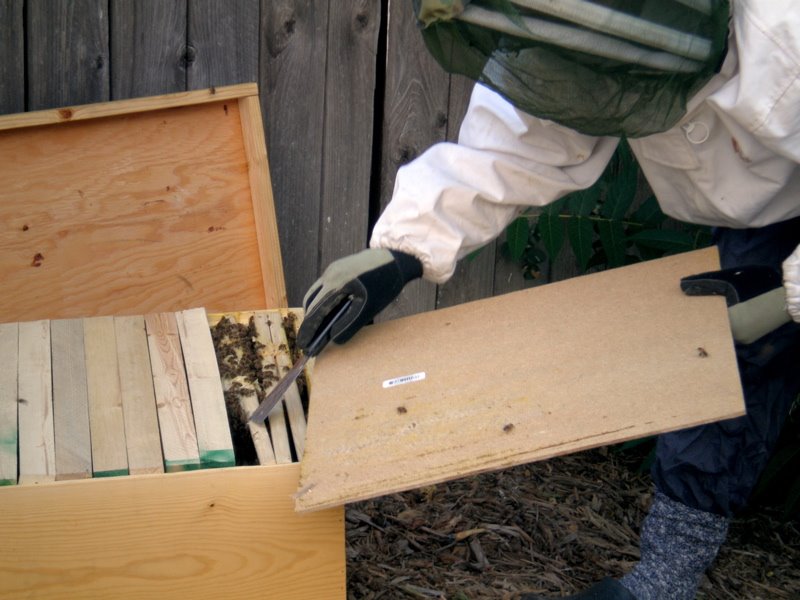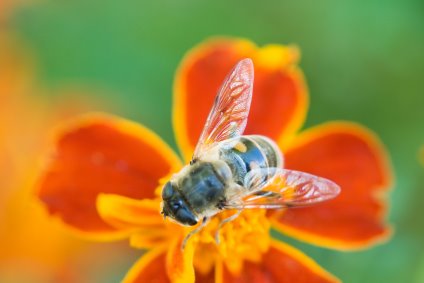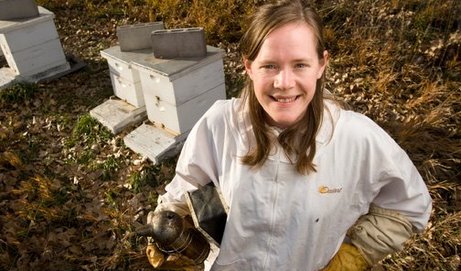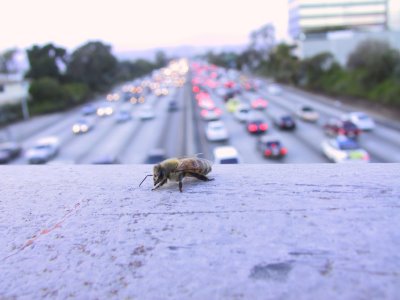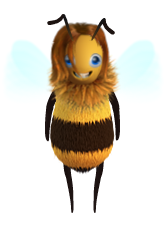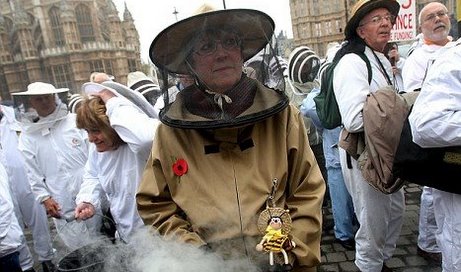I heart bumblebees! Part Two: Why the bumblebee is in decline....
So, why have the bumblebees been in decline? Many of the articles I found concerned the U.K., which doesn't mean that the decline isn't happening in the U.S., it's just that the U.K. has been a hotbed of recent bee research. An article titled "Decline of Bumblebees (Bombus) in the North American Midwest" states: "The nature and extent of bumble bee decline in North America is poorly understood due mainly to a lack of baseline and long term data." Clearly, there are reports of bee decline in the U.S. as well, and I think that the two phenomenons are closely related. So let's return to David Goulson's analysis. In the last blog, I wrote about bumblebee's unique characteristics, but let's point out some of the main ones that are contributing to their decline. Bumblebees...
read more
